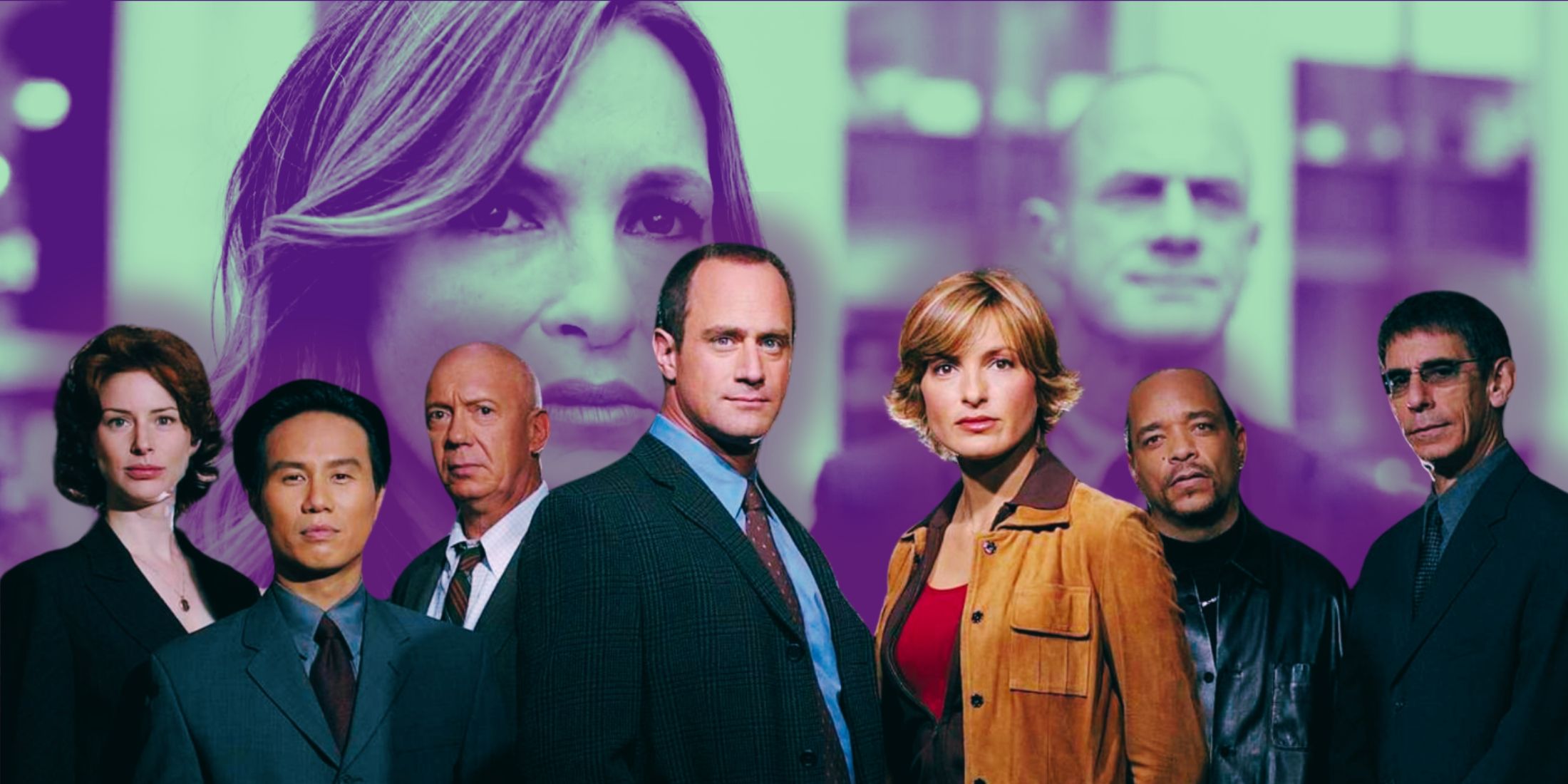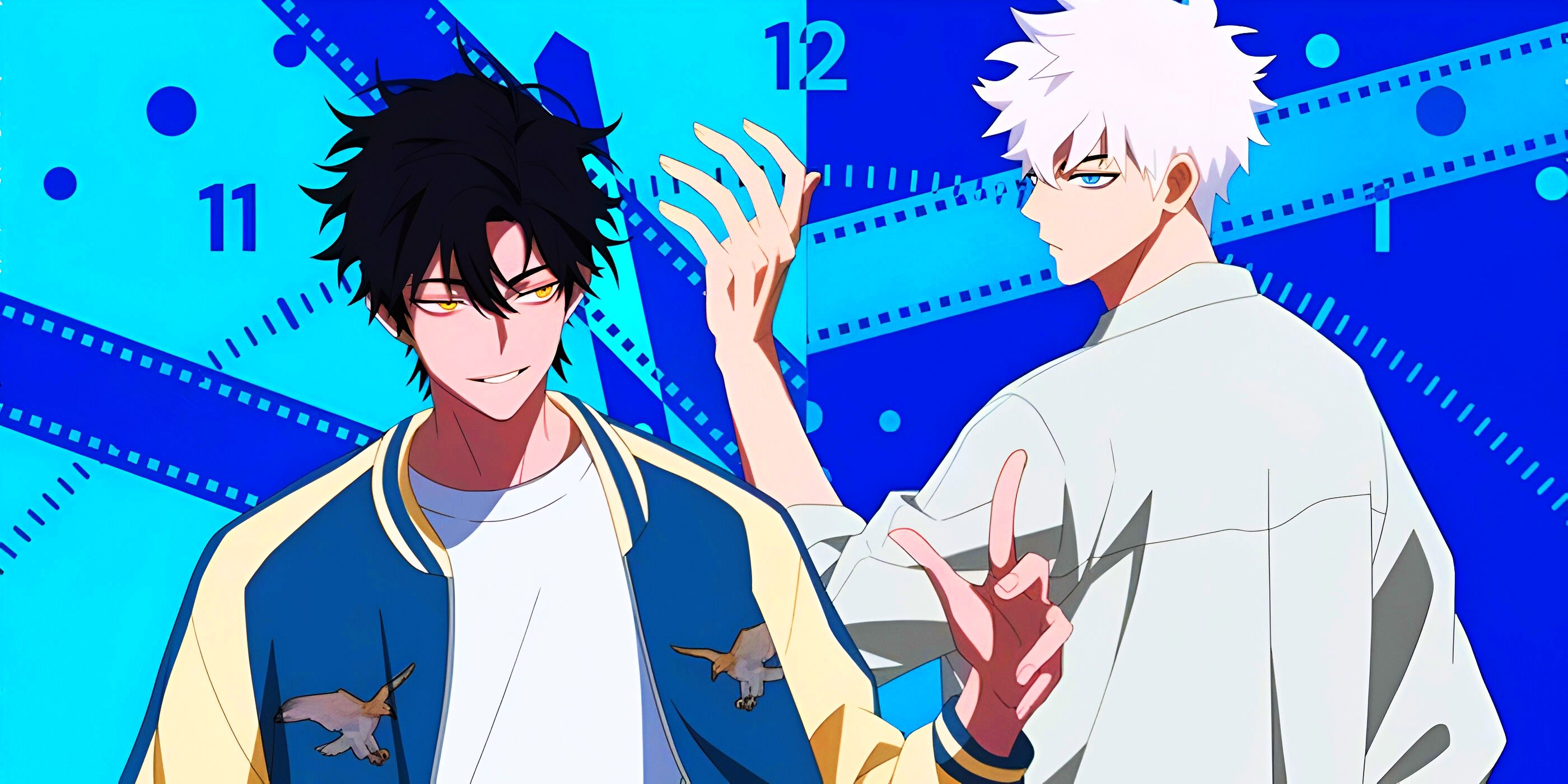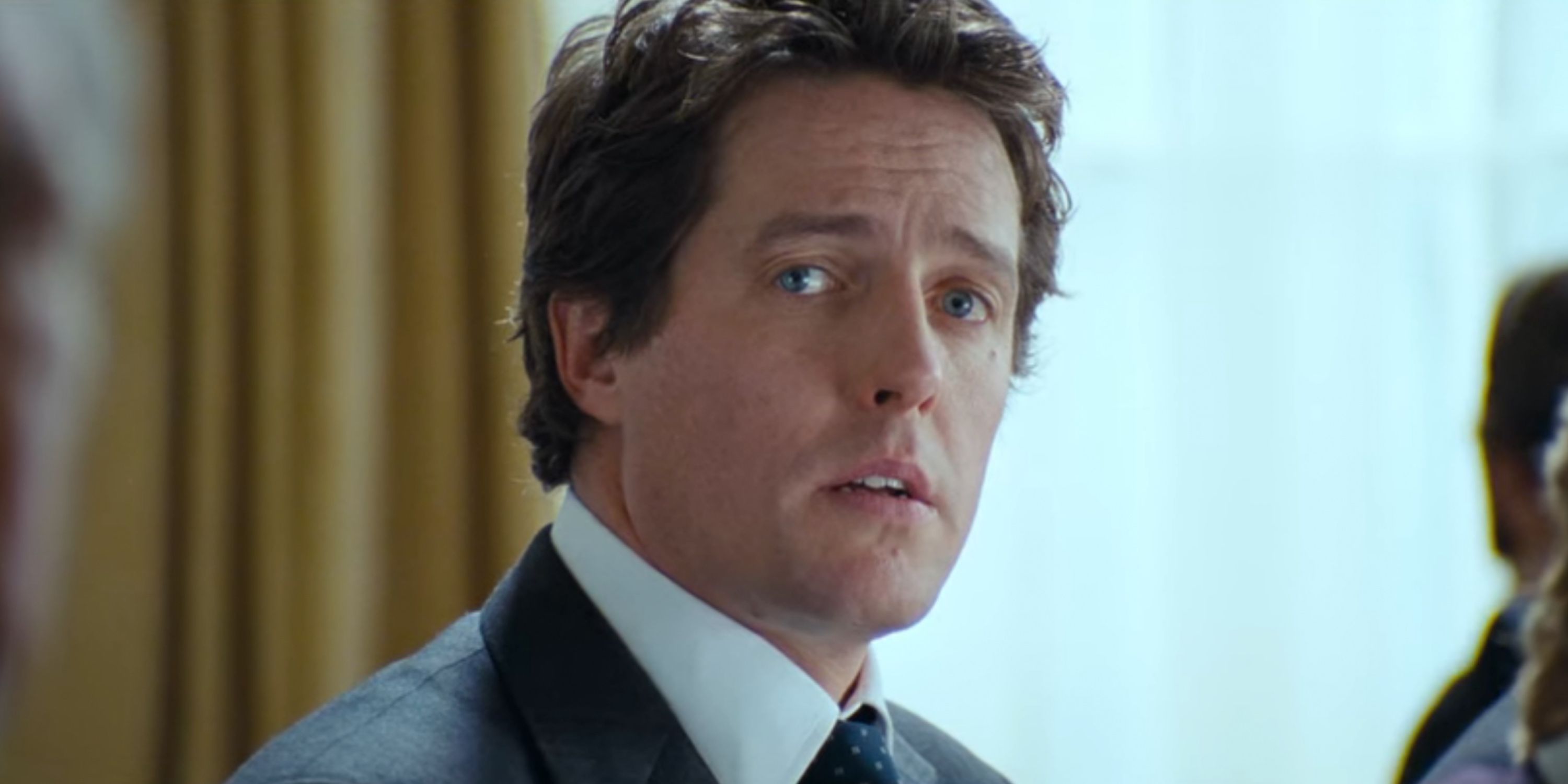Filmmaker Robert Moniot’s The Ice Cream Man is eight decades in the making. The short recounts the little-known true story of Ernst Cahn (played by Noah Emmerich), a Jewish ice cream shop owner who, along with his family, fled Nazi Germany in 1936 to Amsterdam in hopes of a more peaceful life. However, after the Nazis invade the country, the notorious German officer Klaus Barbie, also known as “The Butcher of Lyon,” homes in on Cahn and his establishment. Barbie’s threatening presence forces Cahn to choose between fleeing the country with his family or taking a stand against the brutal regime.
The Ice Cream Man landed the 2025 Oscars shortlist and has screened at multiple film festivals, including the Indy Shorts International Film Festival and the Naples International Film Festival, where it won the Audience Choice Award and Best Short Film, respectively.
Here, Moniot talks to Deadline about bringing Cahn’s heroic stance to life.
DEADLINE: How did you find out about Ernst’s story?
ROBERT MONIOT: My wife is a United States diplomat, but then the State Department calls out of the blue and said, “We need you to move to the Netherlands as soon as possible.” So, I googled the house that they told us we’d be living in and googled the closest beach to said house because our kids love the beach, and I love to go kitesurfing. The [nearby] beach is one of the most beautiful beaches I’ve ever seen. It has beautiful dunes and seagrass. So, I was really excited, and then in the bottom right-hand corner of Google, it said, “This is the beach where the Nazis executed over 300 resistance fighters during the war.” As a filmmaker, I immediately got this picture in my head of a movie poster with a guy with a blindfold on his hands tied behind his back on that beach. And that’s now the poster for our movie.
As I kept reading, the very next sentence was, “The first person that the Nazis executed was Ernst Cahn, a Jewish ice cream parlor owner in Amsterdam.” Then I read that he was targeted and arrested and tortured, and ultimately executed by Klaus Barbie, arguably the most sadistic Nazi to ever walk the face of the earth. And I just kept reading, and I just couldn’t believe I’d never heard this story. The events that you see in the movie leading to the outpouring of love for him and anger about what happened leads to the largest anti-Nazi protest in history. I was instantly struck by the concept that even when I was just sitting there reading on Google, I was like, “My kids need to hear this story. Everybody needs to hear this story because it’s a powerful witness to one individual’s power in their community. The effect that they can have on their community.”
My wife used to work in Hollywood before she became a diplomat as an executive. I told her that I thought this was my next feature, and when we moved to the Netherlands, I was going to write this as a two-hour movie. She says, “He died so fast, you don’t have a third act.” And I was like, “Whatever.” So, she told me that maybe it should be a short film instead, to which I [vehemently] said that I’m not doing another short because I want to get back into trying to have a career in Hollywood. So, I went to bed very pissed off. But, then the next morning, and this is the funny part, I went to Deadline Hollywood, which I do every day, no matter where in the world we are, and this ad pops up that says, “Send us your short film script about the Holocaust, and we’ll give you $50,000 if you win.” And so, my wife was right [laughs]. It was the Claims Conference Emerging Filmmaker Award, and I had about six days before the contest deadline.
DEADLINE: Six days?
MONIOT: I asked my wife if I could do this because it was insane, and I took a crack at it. I wrote a big story so it could have an impact, but I didn’t think it would win. After three days into writing it, I sent it to my Jewish friends in Hollywood because I was stepping onto hallowed ground, and I’d never done anything like this before. I wanted to make sure that I was being respectful and wasn’t breaking some rules that I didn’t even know existed, and I was getting some good responses. Then I found out when I read the fine print of the contest, and it said, “You have to have your script, your producer, your locations list, your shooting schedule and your budget.” I had three more days, so I started working on that while finishing up the script and piecing together, as best I could, an image of what this would cost and what it would really be.
The day before the deadline, I couldn’t find an ice cream parlor in Europe that worked. They all looked too modern and very European. My friend, my location manager friends in LA. and New York were finding a lot of ’50s diner-looking places, but nothing that made my heart sing. So, I just googled the year “1900”, “renovated ice cream parlor” and “United States” and hit enter. The perfect ice cream parlor pops up called Zaharakos that opened in 1900 in Columbus, Indiana, which I’d never heard of [other than knowing] Mike Pence grew up there. It’s this beautiful, idyllic little town. I cold called the guy who owned the ice cream parlor [Tony Moravec] to tell him that I was writing a short film about the Holocaust for a contest that I probably wouldn’t win, but if I did, could I come to Indiana and shoot in the ice cream parlor for free? To Tony’s credit, he not only said yes but also had me come out and meet him. He introduced me to the community, ultimately donated $50,000 of his own money to the movie and got his best friend to match it. So, after I won the grant from Claims Conference, we got a bit more and were ready to figure out how to start shooting the film.

DEADLINE: What has been the reception between U.S. and European audiences towards the film? Especially since you now reside in the Netherlands.
MONIOT: We decided early on that we would give the movie away to schools, museums and libraries when we were done with it. The Anne Frank Center partnered with us to develop a curriculum to accompany the film as we [make the rounds on festival and screening circuits]. So, the two cool things that have been happening overseas when we had our European premiere in Amsterdam, I was trepidacious because I made it a very American version of a Dutch story in that we filmed in Indiana, then as we were able to shoot after funding, we went and shot some places in Amsterdam. We worked primarily with a Dutch crew
Then we came back and shot in Indiana, and then we shot some big scenes in Amsterdam, working with a primarily Dutch crew and San Fu Maltha, the producer of Black Book. He’s a pretty well-known Dutch producer. And the conversations we were having, because the Dutch are brutally honest, were like, “[In your movie] why are they speaking in English?” And so I had to answer, that’s because it’s how the language of Hollywood cinema goes. Then it was, “Well what accent is that supposed to be anyway?” And I was like, that’s the Dutch accent. San Fu was like, “We have to dub the whole fucking thing.” [laughs].
So, we have this huge premiere in Amsterdam called the Tuschinski where Spielberg had his European premiere for Schindler’s List, and I’m like, “Are they even going to be able to see past the whole Hunt for Red October version of all the accents all over the movie?” One thing about the Dutch is that they’re not outwardly emotional, in my experience. They are very lovely people and feel things deeply, but there’s a bit of a veneer when they’re dealing with an American, in my experience. But [I was relieved] to see that people were so receptive to it. Dutch people were crying. We had a Q&A afterward, and San Fu got up on stage. In so many words, he basically said, “I was wrong. We did this exactly the way that it should have been done and needed to be done.”
Then there are the kids. As we’ve been piloting the curriculum at middle and high schools, it has just been extraordinary. I’ve had the honor and privilege of talking to the kids right after they’ve watched the movie and had been discussing the curriculum for a little while with their teacher. Also, the feedback we’re getting from educators who are piloting it for us because we’ve done it in some schools in the United States and some schools in the Netherlands as we get ready to roll it out has been an extraordinarily positive experience.

DEADLINE: How did Noah Emmerich become your leading man?
MONIOT: I wrote a script based on my short Pearl Harbor II: Pearlmageddon that New Line Cinema optioned, and Noah was going to produce it, so we’ve known each other since the early 2000s. After I wrote the script and won the contest, I called him and asked if he could read it because I would like him to play the lead. He was busy on other projects at the time, but he called me back and said, “Do you know about my father?” And he was very emotional. And I said, “No.” It turns out Noah’s father and aunt, with their parents, just like the Cahn family, fled Nazi Germany in 1936 and moved to Amsterdam because everyone assumed it would be neutral. They lived around the corner from the Cahn family and the ice cream parlor. There’s some evidence that they actually knew them. Noah’s aunt was classmates with Anne Frank. So, Noah was like, “I’m in.”
The thing about Noah, even before I knew him as a human and as a friend, he’s that kind of actor that everything I’d ever seen him in, I just loved the guy. Even when he’s playing kind of a sleazeball, there’s just something about his character and spirit that speaks to me [laughs]. So, I was lucky to get him.
DEADLINE: How did filming in the Netherlands, where the event occurred, help shape your research and film? Does the ice cream shop still exist?
MONIOT: Where the actual ice cream shop was, it’s now a ballet clothing store. However, the residents above where the Cahn family lived are still there. We got to shoot most of the Amsterdam scenes and the scenes in The Hague at the actual locations where the events that took place really happened, on the Waterlooplein, inside the prison where Ernst was being held. That’s the actual jail where he was held. In fact, the actual cell in the movie is the only cell that the Dutch preserved from World War II. They didn’t touch it. So, it’s a national monument, and you’re not allowed to go in there. And they let us go in and shoot that scene inside there, and that was about six cells down from where Ernst Cahn was held.
The other thing that happened was we started the movie in Indiana and then shot as much as we could. Then, we had to pause to raise more money, and then the strikes happened. But then the miracle of that pause was the Cahn family, Ernst Cahn’s descendants, who I had been trying to find and wasn’t able to find, found me and reached out to me and we became friends. And Ernst’s grandson, Amos, is in the movie. He’s one of the people being dragged away by the Nazis during the razzia scene. But they told us things that weren’t in the history books. For example, the scene where Ursula is allowed to visit Ernst the night before he’s executed wasn’t in the movie that I originally wrote. And when they told me that, Noah and I were like, “Well, we’re putting that in.” So, not only the city but also just the other kind of events around the making of the film continued to inform the creative choices that we made all the way up until the end of production.

DEADLINE: What do you want audiences to take away from this film?
MONIOT: While tragic, I wanted to tell a story that hopefully also left you with this sense of hope and triumph. I think one of the incredible things that happened during the making of the movie was much to my surprise because we went to Indiana, a place I’d never been before. I did not know how the story I wanted to tell would land during this political climate. I have to tell you, I am a cynical son of a bitch. So many people on the right and left came together and had a common vision for why and how this movie should be made.
This was a nonprofit [production]. We had fiscal sponsorship from Film Independent. Except for a few grants, this whole movie was paid for by people who had me in their living room telling them why I wanted to make the story, why I thought it was important, and how big I needed it to be to sell the message. And they all pulled out their checkbooks and wrote checks. This was people putting their own money in it. I want people to have an open mind going in and drawing their own conclusions when they leave. But I feel like even just talking with you; I feel like this story strikes a nerve with everybody who sees it.
[This interview has been edited for length and clarity]








:quality(85):upscale()/2025/01/14/931/n/1922564/0dc333a96786d52b2c80c7.95468346_.jpg)
 English (US) ·
English (US) ·